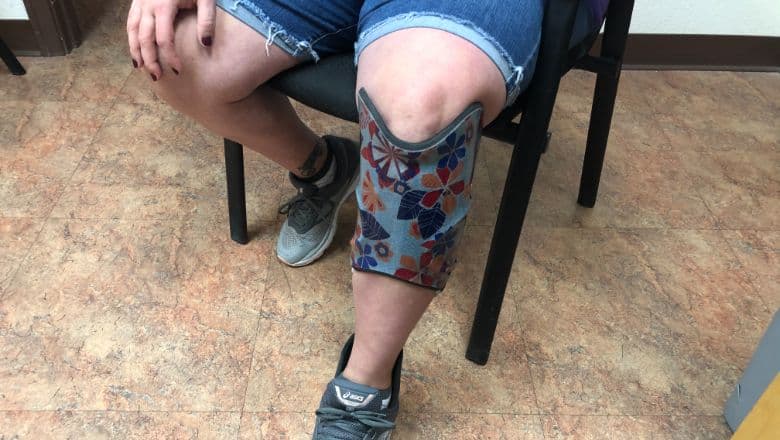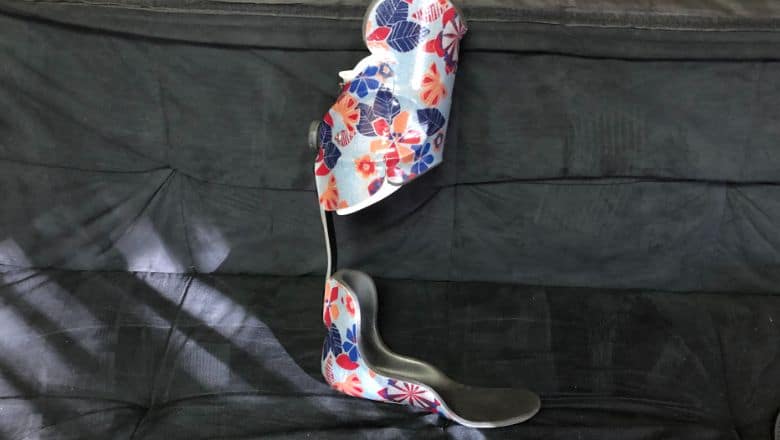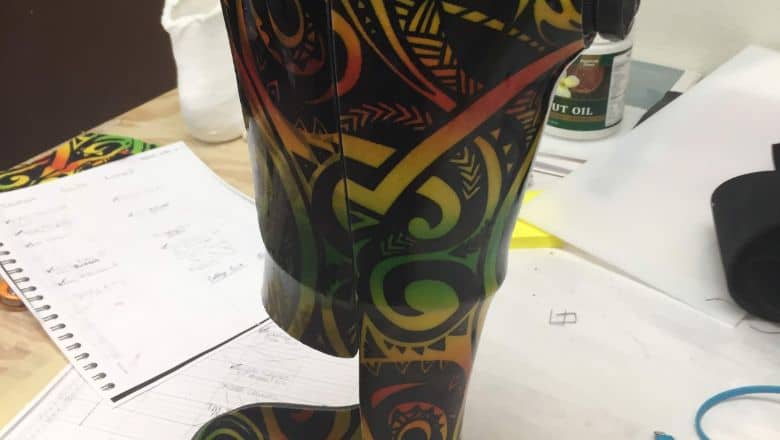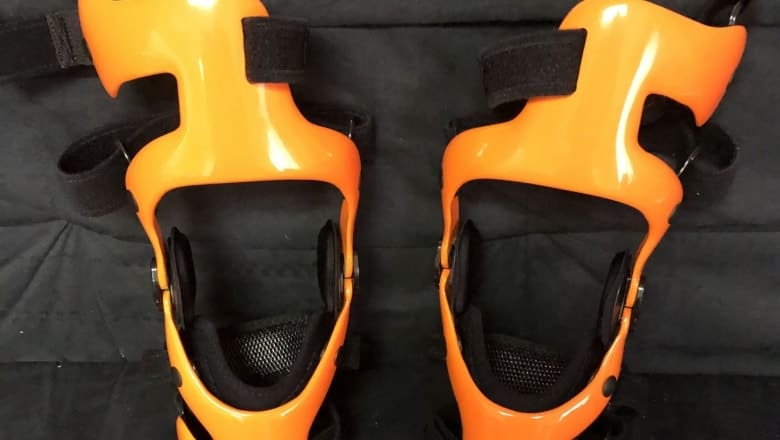Understanding Orthotics: A Basic Overview
Orthotics are devices designed to provide support, alleviate pain, and improve function in various parts of the body, not just the feet. They range from simple shoe inserts found at your local pharmacy to custom-designed orthoses crafted by specialists.Types of Orthotics
Orthotics come in many forms, each tailored to support different parts of the body and address specific conditions.- AFOs (Ankle-Foot Orthoses): Provide support and stability to the ankle and foot, often used for conditions like drop foot.
- KAFOs (Knee-Ankle-Foot Orthoses): Extend support from the foot up to the knee, helping with more extensive mobility issues.
- Knee Orthotics: Stabilize the knee joint, used for injuries or conditions like osteoarthritis.
- HKAFOs (Hip-Knee-Ankle-Foot Orthoses): Offer comprehensive support extending to the hip, used in severe cases of paralysis or weakness.
- Carbon Fiber Leg Braces: Lightweight and strong, these braces offer support while maintaining a high degree of mobility.
- Sports Braces: Designed to support and protect joints during athletic activities.
- Pediatric Orthotics: Specially designed for children to support proper growth and correct deformities.
- Orthopedic Shoes: Provide enhanced support and comfort, often used for chronic foot conditions.
- Shoe Inserts: Provide additional support and cushioning inside regular shoes.
- Diabetic Orthotics: Designed to reduce pressure points and prevent ulcers in diabetic patients.
- Hand & Wrist Braces: Support and stabilize the hand and wrist, often used for conditions like carpal tunnel syndrome.
- Contracture Management Devices: Help prevent or manage contractures by maintaining joint position and flexibility.
- Hip Abduction Orthosis: Used to stabilize the hip joint, particularly after surgery.
- Spinal Bracing: Supports the spine, used for conditions like scoliosis or after spinal surgery.
Custom Orthotics: Personalized Solutions For Your Needs
Custom orthotics are specialized devices tailored specifically for your unique anatomy and requirements. A healthcare professional, such as a podiatrist or orthotist, assesses your structure and gait before designing orthotics to address your specific issues. This level of personalization ensures an optimal fit and targeted relief.- Precision Fit: Custom orthotics consider your unique shape and biomechanics, offering support where it’s needed most.
- Personalized Design: Tailored to address specific conditions like plantar fasciitis, flat feet, or overpronation.
- Durability: Typically more robust and long-lasting compared to over-the-counter options.
The Process of Producing Custom Orthotics
The production of custom orthotics involves several meticulous steps to ensure they fit perfectly and effectively support your body.- Initial Assessment: A thorough examination of the affected area, often including a gait analysis and imaging tests.
- Molding: A 3D scan or a plaster cast is made to capture the shape accurately.
- Fabrication: Using the mold, orthotics are crafted from materials like plastic, carbon fiber, or EVA foam, suited to your specific needs.
- Fitting: Once ready, the orthotic is tested for fit and adjusted as necessary for maximum comfort and support.
Over-the-Counter Orthotics: Mass-Produced Solutions
Over-the-counter (OTC) orthotics, also known as prefabricated devices, provide a quick, cost-effective solution for general discomfort. These mass-produced products come in various sizes and styles to cater to common issues.- Accessibility: Easily found in stores and online, making them convenient for quick relief.
- Affordability: Generally less expensive than custom orthotics.
- Variety: Available in different types and materials, catering to basic ailments and providing moderate relief.
Comparing Custom & Over-the-Counter Orthotics
When deciding between custom and over-the-counter orthotics, several factors come into play.Fit & Comfort
- Custom Orthotics: Offer a personalized fit, designed specifically for your structure and needs, leading to higher comfort and effectiveness.
- Over-the-Counter Orthotics: Provide a universal fit that may not address specific problems as effectively, potentially leading to discomfort if not well-fitted.
Support & Functionality
- Custom Orthotics: Tailored to support your unique biomechanics, offering targeted relief and enhanced performance.
- Over-the-Counter Orthotics: Deliver general support, suitable for minor discomfort but less effective for specific issues.
Durability & Material
- Custom Orthotics: Made from high-quality materials that last longer, supporting your health for years.
- Over-the-Counter Orthotics: Typically less durable, with a need for more frequent replacements.
Orthotic Benefits: Why Invest in Orthotic Solutions
- Alleviates Pain: Both custom and OTC orthotics can provide relief from conditions like plantar fasciitis, flat feet, and general discomfort.
- Improves Stability: Helps in maintaining better balance and stability, reducing the risk of falls and injuries.
- Enhances Performance: Custom orthotics, in particular, can improve athletic performance by providing optimal support and alignment.
- Promotes Health: Supports the natural alignment of the body, preventing long-term issues and deformities.
Role of Podiatric Care in Orthotic Prescription
Consulting a podiatrist or orthotist for your orthotic needs can significantly enhance the effectiveness of your treatment.- Expert Diagnosis: Professionals can accurately diagnose issues, ensuring you get the right treatment.
- Professional Guidance: Helps in choosing between custom and OTC orthotics based on your specific needs.
- Ongoing Monitoring: Regular check-ups to adjust and refine your orthotic for optimal performance.
FAQs
Custom orthotics offer a personalized fit and targeted relief, making them generally more effective for specific conditions.
Custom orthotics can last several years, depending on the materials used and how well they are maintained.
Orthotics can be used in most shoes, but it's best to choose footwear that has enough space and stability to accommodate the insert.
If you experience persistent discomfort, consult a professional who can assess whether orthotics would benefit you.
Making the Right Choice for Your Health
Whether you opt for custom or over-the-counter orthotics, the most important factor is addressing your specific needs. Custom orthotics offer a tailored and often more effective solution for complex issues, while OTC orthotics provide a convenient and affordable option for general discomfort.
Consider consulting with the experts at Evolve Prosthetics & Orthotics in Las Vegas for a professional assessment and personalized recommendations tailored to your needs. Start your journey to better health today by making an informed choice that suits your lifestyle and supports your well-being.




